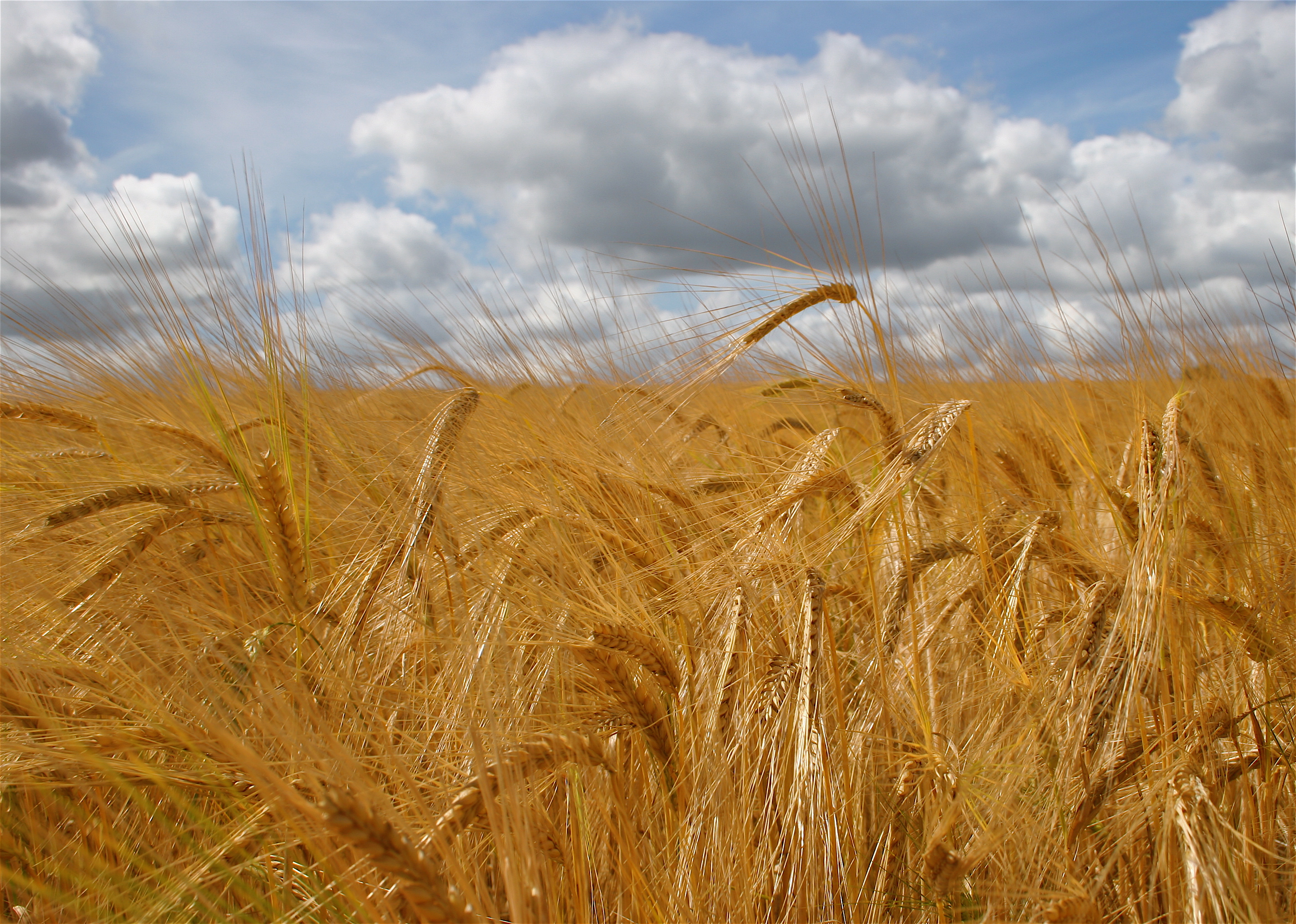Last class as part of an overview of Modernism in Canada, we got an overview of the Regina School of Art's Emma Lake workshops. All this made me dream about artist residencies in general, and about life after school. As well, it made me think of art in the prairies that has countered and responded to its strong modernist movement in the 60's. I'll just touch onto each briefly. Dreams, dreams, dreams:
About art in the prairies that is not modern art, there is certainly M:ST, the Mountain Standard Time Performative Art Festival. The festival is biennial and happens in the Southern Alberta region. I definitely want to go there sometime, preferably at the next one, perhaps as a participant.
 |
| Performance at M:ST by Les Fermiere Obsedees. |
 | ||||
| Olivia Plender, Google Office, architectural installation (detail), 2010. Taipei Biennial, Taipei Fine Arts Museum |
I've been paying attention to these things since meeting artist Scott Rogers in 2010, an artist having studied at the Alberta College of Art and Design in Calgary who comes to Struts Gallery every now and then. More specifically, I have been most interested in his participation and creation of the Arbourg Lake Sghool on projects like Harvest (the first, second and third). With Harvest, the Arbourg Lake Sghool ripped up their suburbia lawns and planted crops of barley to harvest in the fall. Doing so, they violated regional bi-laws concerning how tall one's lawn can grow. The argument for the initial existence of this law is mostly of socioeconomic concern: Lawns that are "too long" are assumed to be unaesthetic and the result of neglect, reflecting badly on the neighborhood, making a property look "cheaper". Put shortly, the judgement in many ways is that a tall lawn is anti-social. However, the Arbourg Lake Sghool's long locks proved to be quite the contrary: At every step of the way but most of all at harvesting time, the unusual suburbian activity wiggled neighbors out of their living rooms and basements and into the street, many lending a hand to the folks from the ALS... and people who had lived on the same street since years met each other! And I hope municipal planners rethought their rules, since they obviously didn't account for people having ideas of better things to plant in their yards than grass. Oh, and they made beer with the barley. Shouldn't every happy story end this way?
 |
| Oh, great Canadian prairies. Here's some barley. |
Anywho, this all goes to say how much I appreciate and recognize the role of community and connection in learning. So much of the time, doing "something meaningful" is actually just being engaged in the conversation, free of judgements, or at least adequately flexible so as to argue the judgements we strive to keep as individuals and communities. Thanks for reading.
Aucun commentaire:
Enregistrer un commentaire